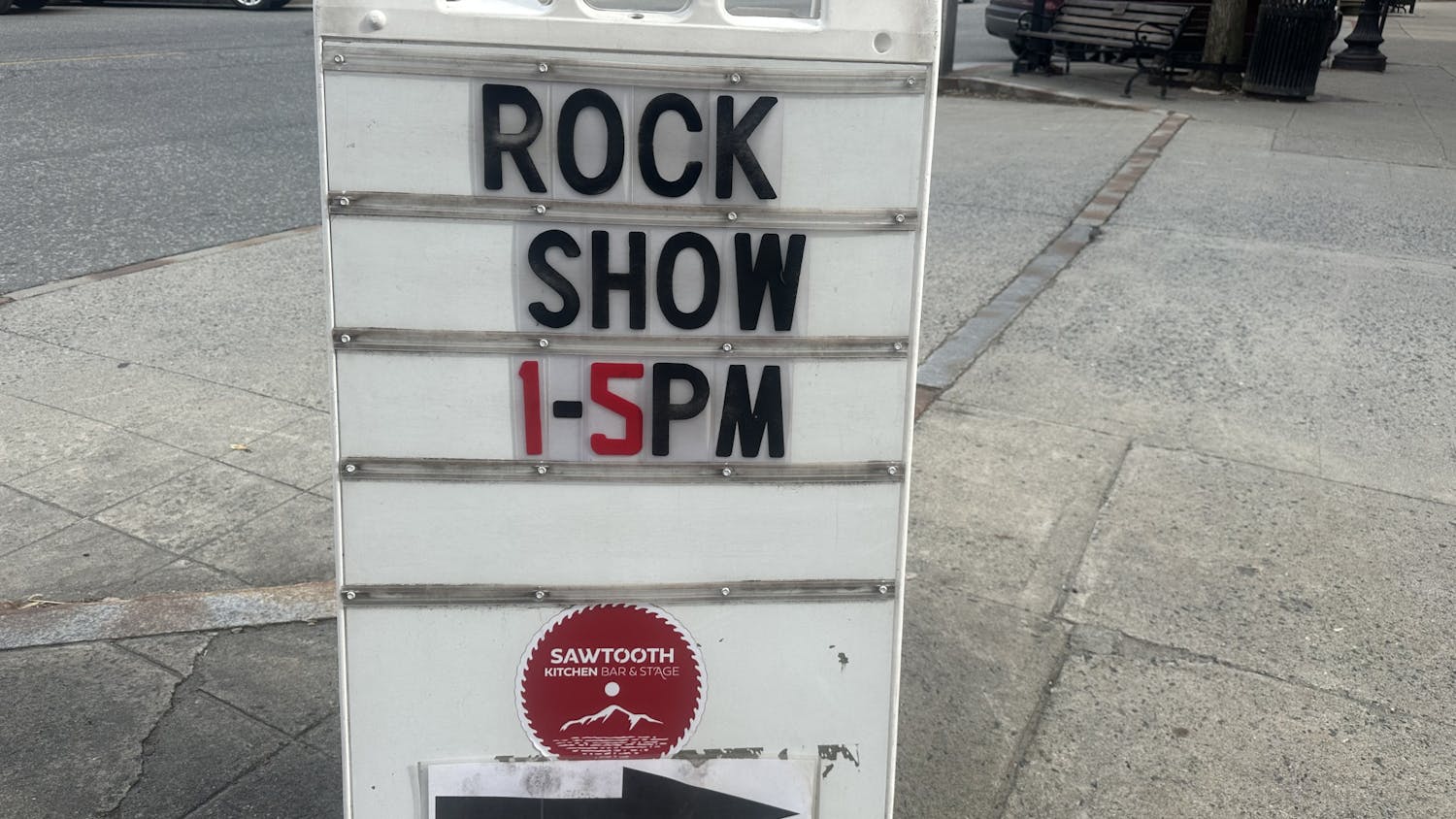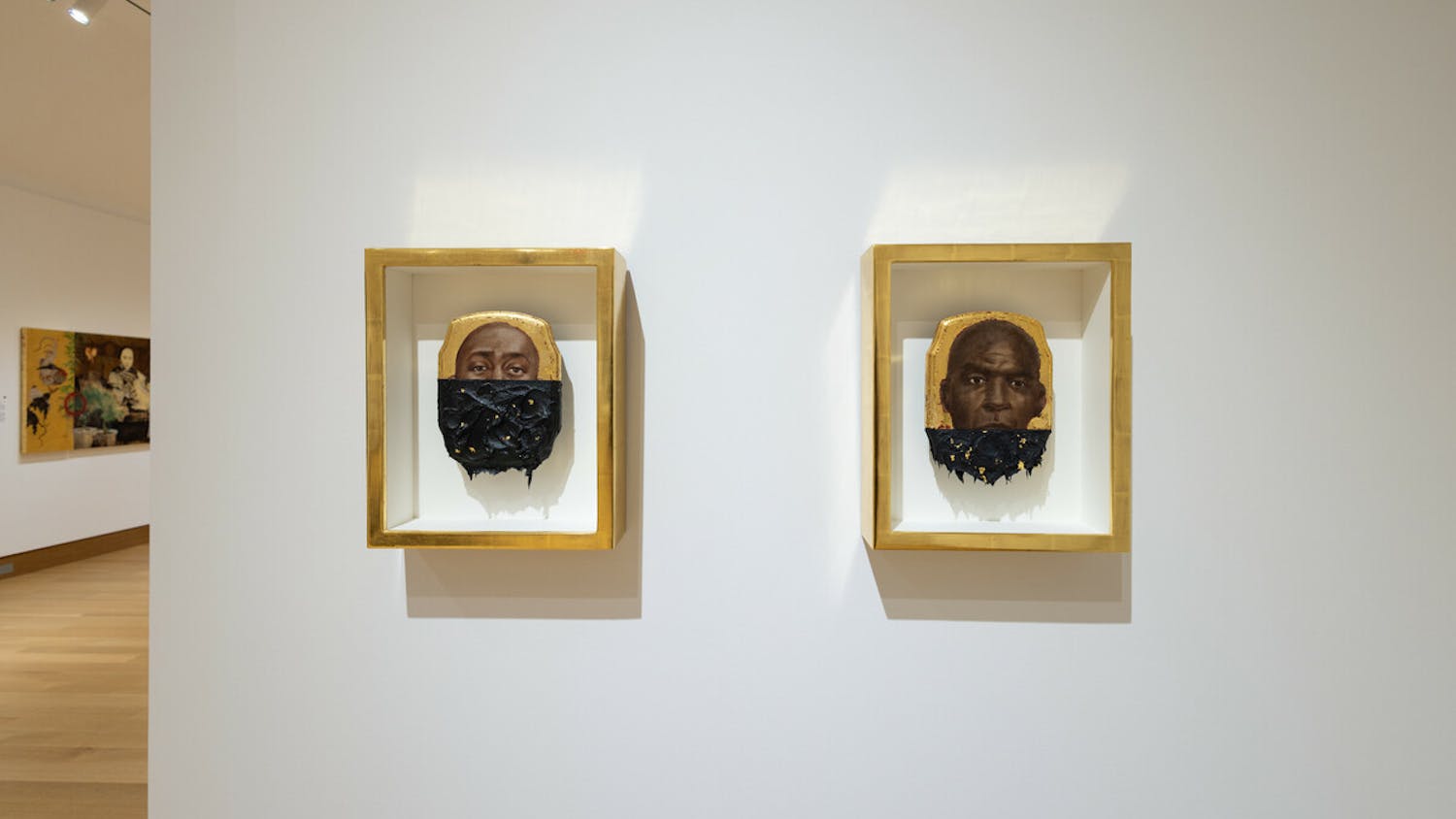The Gypsy Caravan -- A celebration of Rroma Music and Dance will roll in to the Hopkins Center tonight to perform a unique blend of music and dance from Eastern Europe as well as Spain and India.
The Rroma people, what Gypsies prefer to call themselves, have a rich cultural heritage centering around eastern Europe and India. They have faced much persecution under communist governments but have used the tools of music and dance to preserve their cultural heritage.
The performance will feature Yuri Yunakov, Bulgaria's most famous saxophone player and one of the creators of modern Bulgarian wedding music.
Wedding music has been an important part of traditional Bulgarian culture, where a wedding is one of the most important events in a person's life. Yunakov has been working with other Bulgarian musicians to create a modern version of the more conventional wedding music. The music is festive and incorporates Gypsy and Turkish elements along with jazz influences into more traditional celebratory songs.
"Improvisation is much more important in this new form of wedding music than it was in the traditional wedding music," Yunakov said through a translator in a phone interview with The Dartmouth.
Since the fall of communism in 1989, Yunakov's music has been under less attack from the Bulgarian government, which had previously criticized him for incorporating "foreign" elements into his music.
However, the Romanian people have less money under the new government, and most can't afford elaborate and costly weddings.
Yunakov said he felt his music was very well received by American audiences, mostly because there are so many different elements coming together to create the music -- moving emotion in slow songs, intricate technique in faster ones and complex and interesting melodies.
"American audiences really do appreciate and accept my music," Yunakov said.
Joining Yunakov are five other performers that make up the Yuri Yunakov Ensemble, which was formed in 1995.
Another Romanian group, Taraf de Haidouks, will perform traditional music on fiddles, accordions and rhythm instruments. The group had only performed together in their village until 1991, and now are performing in a world tour and have released two albums.
The 11 person ensemble represents three generations of Romanian musicians, ranging in age from 18 to 74. Performing a unique mix of medieval ballads, Turkish dance tunes from the Balkans and the characteristic vocal inflections of the Gypsy people.
Kalyi Jag, one of the most well-known Gypsy groups in Europe, will play in the traditional Hungarian Rroma style. Their music is primarily vocal and accompanied by guitar, mandolin and percussion instruments. Three of the artists are dancers as well, and the group has been performing and touring together for 25 years.
The Kolpavkov Trio, another group in the Gypsy Caravan, is led by Sacha Kolpakov, a singer and seven-string guitar player. Kolpakov is joined by Anton Grotski on guitar and Sarha Saveler on vocals and as a dancer.
The Spanish flamenco group Antonio el Pipa Flamenco Ensemble will consist of five to six artists led by dancer Mercedes Amaya. She is from one of the most famous Gypsy families and will perform the Gypsy dances of Spain. The groups will be accompanied by a guitarist playing traditional Spanish music.
The Indian group Musafir will perform original music from the land where the Rroma people originated on a variety of folk instruments.
A panel discussion today at noon will feature many of the performing artists discussion the ways in which music and dance have been used to preserve Rroma culture as well as the persecution the Rroma people have faced. The panel will be held in Alumni Hall and the public is encouraged to attend.



